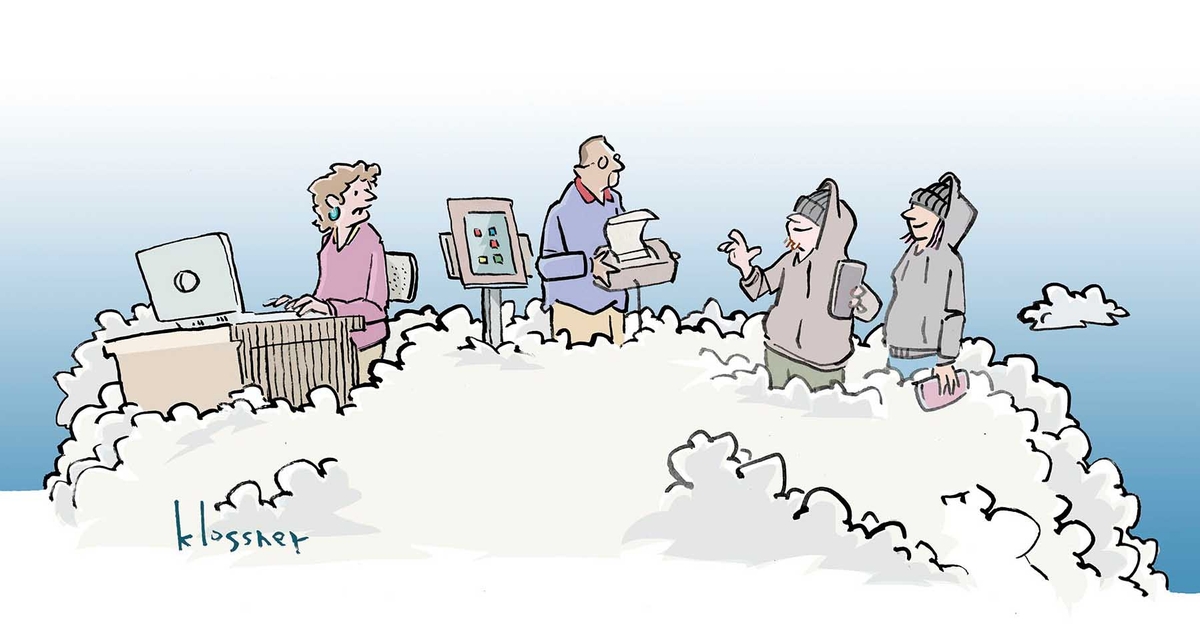Last year, 11x, an AI-powered sales automation startup, seemed to be experiencing rapid growth.
However, numerous sources, including investors and current and former employees, have revealed to TechCrunch that the company is facing financial difficulties, largely due to its own actions.
Multiple individuals in the U.S. and U.K. have stated that the situation has become precarious, with 11x’s lead Series B investor, Andreessen Horowitz, potentially considering legal action. Nevertheless, a spokesperson for Andreessen Horowitz has denied such claims, stating that they are not pursuing litigation.
11x offers an AI-powered bot designed for outbound cold sales tasks, including identifying potential customers, crafting personalized messages, and scheduling sales calls. The company operates in the emerging market of AI sales development representatives (AI SDRs), a field that has garnered significant attention.
Founded in 2022 by Hasan Sukkar, 11x claimed to have reached $10 million in annualized recurring revenue (ARR) within two years of its launch. The company relocated from London to Silicon Valley in July and announced a $24 million Series A funding round led by Benchmark in September. TechCrunch reported on a $50 million Series B funding round led by Andreessen Horowitz later that month.
Several current and former 11x employees have stated that many of the company’s early customers utilized “break clauses” in their sales contracts to discontinue using the product, citing issues such as the emailing feature not functioning as expected or experiencing hallucinations.
Additionally, employees described a stressful work environment, with high expectations and long working hours. They noted that out of the early employees featured in a photo published by TechCrunch at the company’s launch, only Sukkar, the CEO, remains.

Fake customer endorsements
Like many startups, 11x showcases customer logos on its website, which typically indicate customer endorsements and are displayed with the customer’s consent.
However, TechCrunch has discovered that multiple companies with logos on 11x’s website were not actual customers, and at least one is threatening legal action over the unauthorized use of their logo.
A ZoomInfo spokesperson stated, “We did not give them permission to use our logo in any manner, and we are not a customer.” The logo was removed from 11x’s website after a source close to TechCrunch inquired about it, but even after that, the company’s phone AI agent continued to claim ZoomInfo as a customer.
ZoomInfo conducted a short trial of 11x’s AI SDR from mid-January to mid-February, but the product performed significantly worse than their SDR employees, and they did not proceed with the service.
Despite this, 11x claimed ZoomInfo as a customer in various channels, including sales calls, their website, and AI dialer, prompting ZoomInfo’s lawyer to threaten legal action. The lawyer cited potential causes of action, including deceptive trade practices, trademark infringement, and false advertising.
Similarly, Airtable’s logo was featured on 11x’s website until recently, and as of March 20, 11x’s website still named Airtable as a “customer” on their manifesto page. Airtable stated that they were not a customer and never gave 11x permission to use their logo.
Another company, which wished to remain anonymous, shared a similar experience, stating that they were also claimed as a customer by 11x without their consent.
11x says investors reviewed customer contracts, data files, and spoke to customers during due diligence. However, some employees claim that the company continued to count annual recurring revenue (ARR) as if customers were completing their full-year contracts, even after they had canceled their trials and stopped paying.
The company’s churn rate was reportedly high, with multiple employees stating that 70-80% of customers who started trials did not continue with the service.
11x claims that its retention rate is currently 79% and that improvements in the product and refining sales to its ideal customer have improved retention. However, venture capitalists note that the issue lies not in the use of customer acquisition rate (CARR) to showcase growth but in the lack of transparency regarding potential opt-out revenue and customer churn.
Product underwhelms
Many companies canceled their trials due to dissatisfaction with the product, according to current and former employees.
Some customers had unrealistic expectations, hoping that 11x could replace an entire outbound sales team and save hundreds of thousands of dollars a year.
11x salespeople often promised prospects that they could expect a significant increase in meetings, demos, and phone calls booked within several months, despite employees believing this to be unrealistic.
The actual results of automated emails versus meetings booked were disappointing, according to one company that tried the product.
11x claims that its product outperforms human SDRs but notes that performance ultimately relies on the quality of user input. The company also states that it does not guarantee savings or revenues in its sales pitches.
Other customers complained about the product hallucinating or not loading at all. A reviewer on Medium panned the product, stating that it was less effective and more expensive than its competitors.
A former engineer described the products as “barely working,” requiring customers to manually check and correct the work, which defeated the purpose of buying 11x’s product.
One customer was billed twice for their three-month trial period, and another VC considering investing in the Series A discovered that the tech didn’t work well during the due diligence process.
Employee churn
Employees described a challenging work environment with high employee turnover under founder-CEO Sukkar.
Employees were expected to work at least
Source Link





